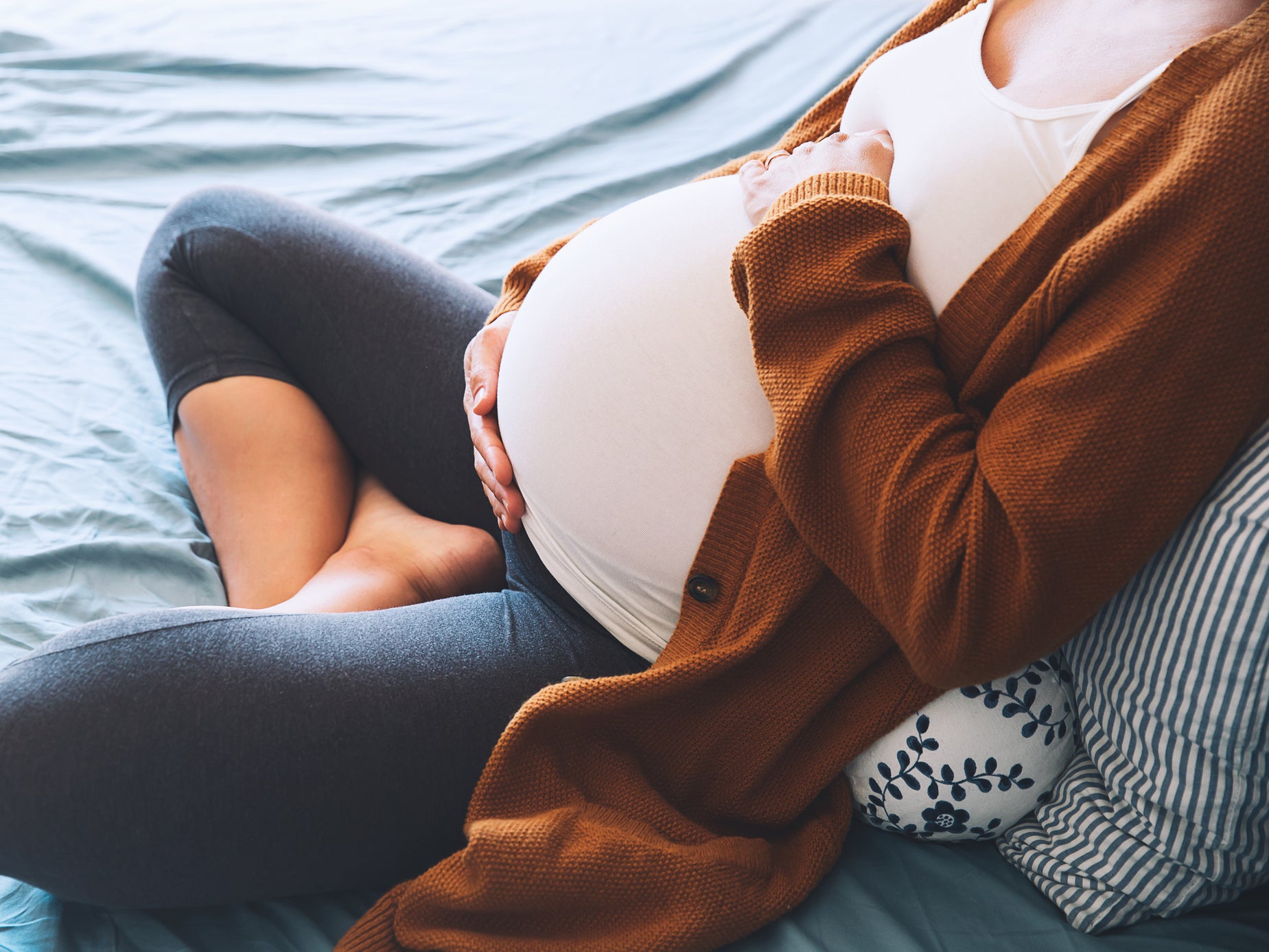More women and newborns survive than ever before
Maternal deaths decrease by over a third since 2000, while child deaths fall by almost half

Your support helps us to tell the story
From reproductive rights to climate change to Big Tech, The Independent is on the ground when the story is developing. Whether it's investigating the financials of Elon Musk's pro-Trump PAC or producing our latest documentary, 'The A Word', which shines a light on the American women fighting for reproductive rights, we know how important it is to parse out the facts from the messaging.
At such a critical moment in US history, we need reporters on the ground. Your donation allows us to keep sending journalists to speak to both sides of the story.
The Independent is trusted by Americans across the entire political spectrum. And unlike many other quality news outlets, we choose not to lock Americans out of our reporting and analysis with paywalls. We believe quality journalism should be available to everyone, paid for by those who can afford it.
Your support makes all the difference.Developments in healthcare mean more women and babies are surviving than ever before, a new study has found.
The report, published by the World Health Organisation and the United Nations Children’s Fund (Unicef), found maternal deaths have decreased by more than a third since 2000.
Deaths of children were found to have fallen by almost half in the same time period.
There was a 56 per cent decrease in deaths of children younger than 15 since 1990 – from 14.2 million deaths to 6.2 million in 2018.
But the research still found a pregnant woman or a newborn baby dies every 11 seconds from causes that are predominantly preventable and avoidable – with 2.8 million estimated to die every year.
“Around the world, birth is a joyous occasion,” said Henrietta Fore, executive director of Unicef. “Yet, every 11 seconds, a birth is a family tragedy. A skilled pair of hands to help mothers and newborns around the time of birth, along with clean water, adequate nutrition, basic medicines and vaccines, can make the difference between life and death.
“We must do all it takes to invest in universal health coverage to save these precious lives.”
The research found 6.2 million children under the age of 15 died in 2018 – with 5.3 million dying in their first five years.
Researchers noted some 290,000 women died from health issues in 2017.
Tedros Adhanom Ghebreyesus, director general of the World Health Organisation, said: “In countries that provide everyone with safe, affordable, high-quality health services, women and babies survive and thrive. This is the power of universal health coverage.”
The data revealed stark health disparities across the world – with the number of maternal deaths almost 50 times higher among women living in sub-Saharan African than those living in richer nations.
One in 13 children in sub-Saharan Africa passed away before reaching the age of five last year.
Previous data from the World Health Organisation estimates that between 5 per cent and 12 per cent of maternal deaths can be attributed to unsafe abortions each year – with the annual cost of treating major complications estimated to be $553m (£435m).
Join our commenting forum
Join thought-provoking conversations, follow other Independent readers and see their replies
Comments